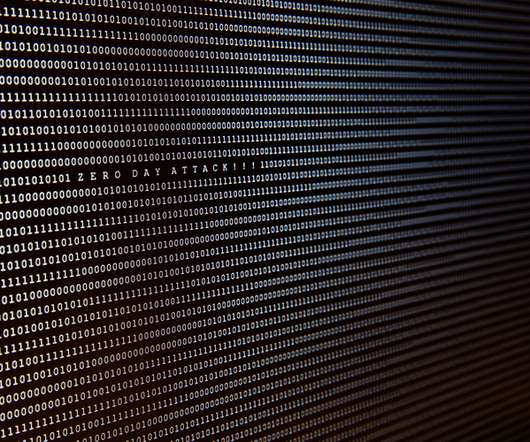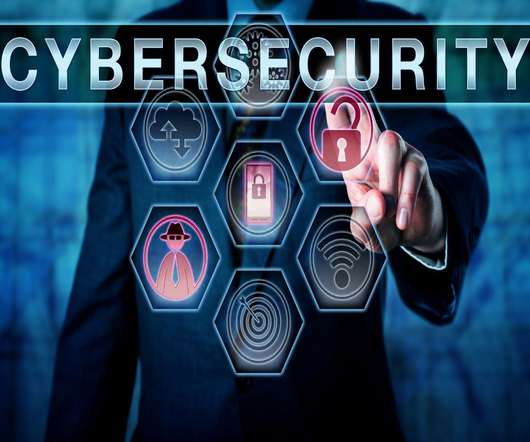5 Cyber Security Threats to SMEs, and How Software Development Services Can Help
KitelyTech
JANUARY 11, 2019
In addition, SMEs should have secure backups for crucial data. Malware refers to any software that’s installed on a computer or any machine to carry out unwanted tasks benefiting a third party. Examples of malware include spyware, Trojans, adware, ransomware and bots. Poor knowledge of cybersecurity.
















Let's personalize your content